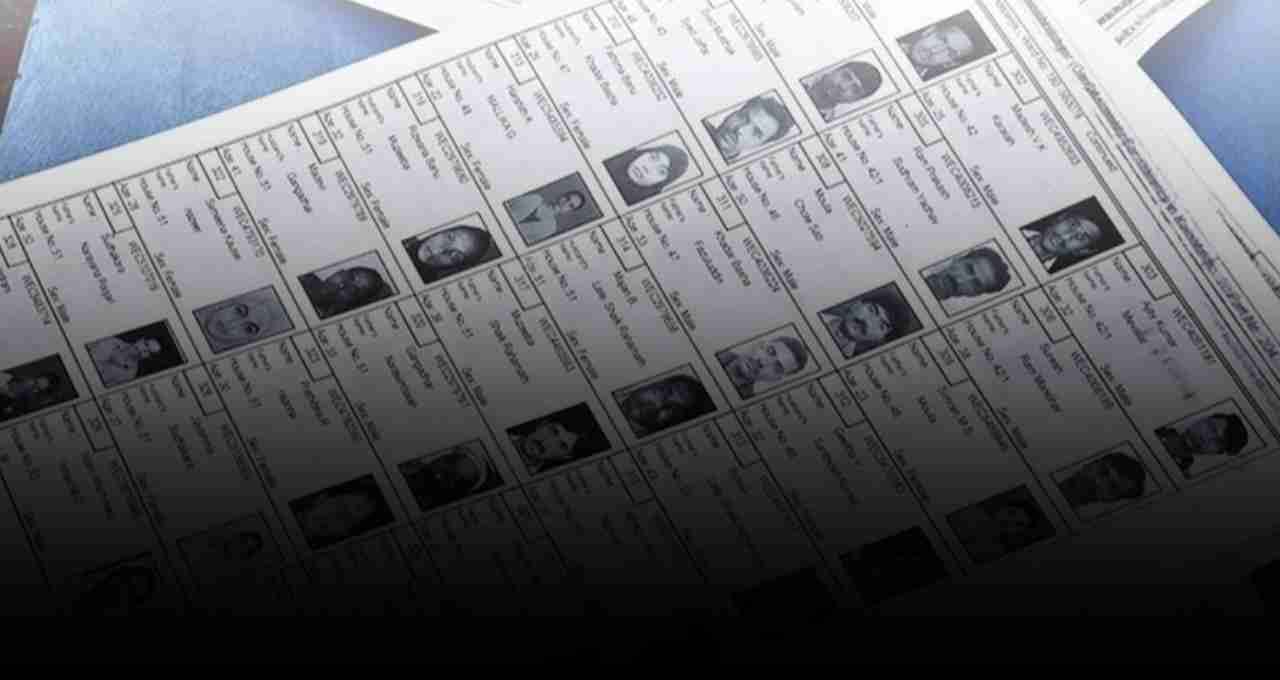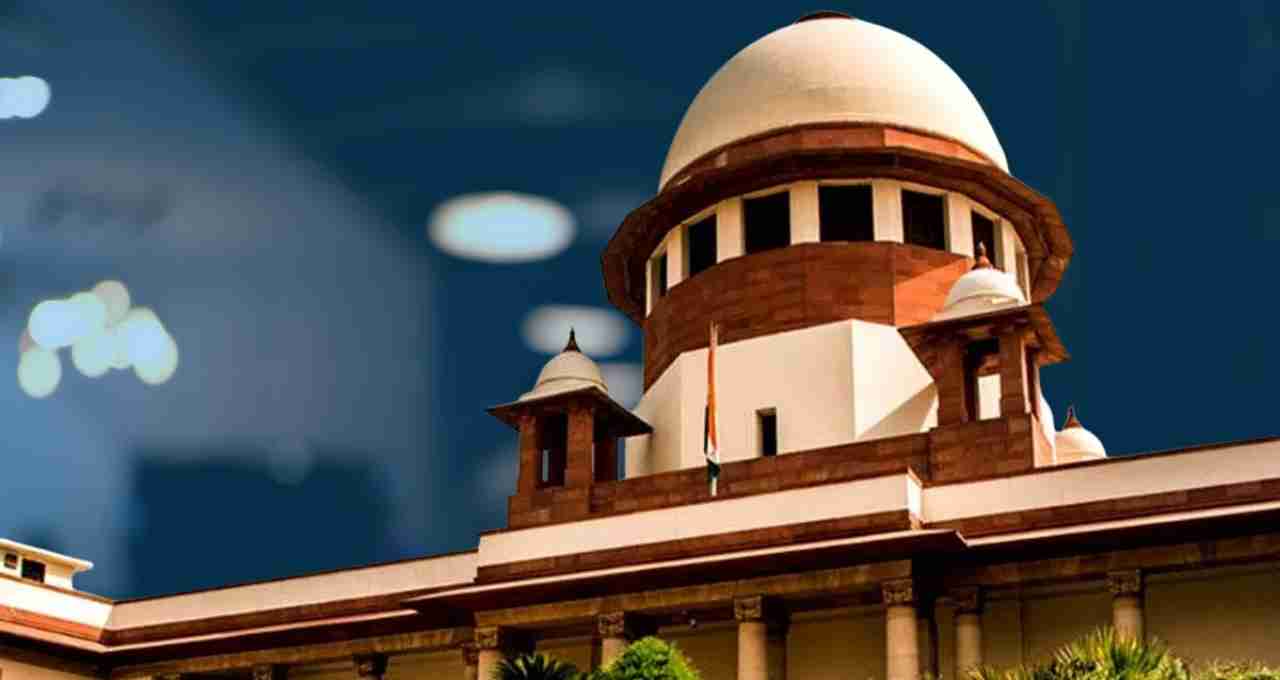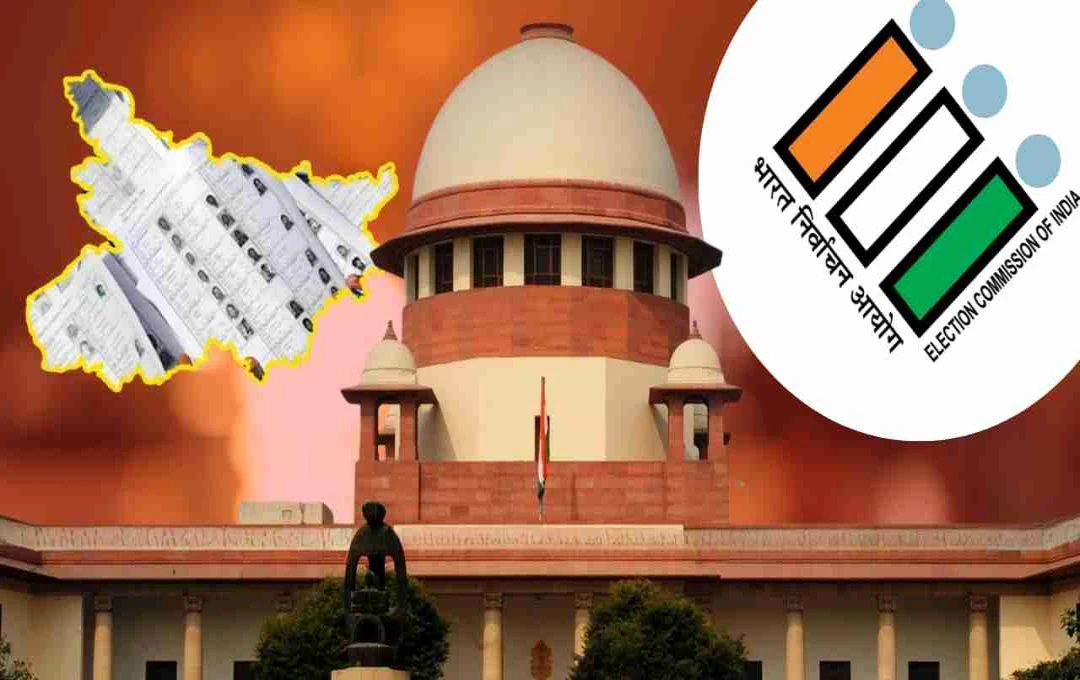During the Supreme Court hearing on the Special Intensive Revision (SIR) of Bihar's electoral rolls, the Election Commission admitted that errors are inherent in the process, but falsely declaring a living voter as deceased is unacceptable.
Bihar: During the Supreme Court hearing on Tuesday regarding the Special Intensive Revision (SIR) of the voter list, the Election Commission acknowledged that some errors are natural in such a complex process. The Election Commission also clarified before the Supreme Court bench that it is unacceptable to declare voters who are alive as deceased, and there will be no compromise on this matter.
Supreme Court's Strictness on SIR Process
The intensive revision of the voter list in Bihar has caused considerable controversy. Several petitioners have challenged this process. The Supreme Court bench, comprising Justices Surya Kant and Justice Bagchi, heard the case. During the hearing, the Election Commission stated that errors are common in the process of correcting the voter list on such a large scale.
During the hearing, the Supreme Court asked the Election Commission to clarify whether the SIR process is entirely legal. Justice Surya Kant asked whether the process is in accordance with the Constitution and rules. If the process is valid, what steps have been taken under it?
Questions Raised on the Removal of a Large Number of Names from the Voter List

Senior Advocate Gopal Sankaranarayanan said that approximately 6.5 million people have been removed from the voter list in Bihar, which is being seen as widespread disenfranchisement. The Supreme Court stated that the basis for this large-scale removal of names will depend on factual and statistical data.
Kapil Sibal gave examples of voters, even in small constituencies, who were marked as deceased while they were still alive. He also stated that the working style of the BLOs (Bureau Linked Officers) was not appropriate in this matter.
Role of Rules and Forms
Kapil Sibal informed the Supreme Court about various forms and rules. He stated that Form 6 is required to register as a new voter, which includes the applicant's signature and Aadhaar details. He also highlighted Form 5 and Rule 12, which define the procedures of the Election Commission.
He emphasized that under Rule 13, a voter is not required to prove their citizenship; rather, the person objecting to the voter's name must prove their objection.
Supreme Court Raises Questions

During the hearing, the Supreme Court asked the Election Commission whether a voter who considers themselves a citizen but whose name is not included in the draft roll can register their name through Form 6. The Supreme Court asked the Election Commission to ensure that the rules are being fully followed.
Questions on the Credibility of the Voter List
This case is of great importance for the credibility of the voter list and the transparency of the election process. Errors in the process of removing or adding names to the voter list can weaken the fundamental foundation of democracy. That is why the Supreme Court is taking a strict stance in this matter and asking the Election Commission to provide clear answers.













